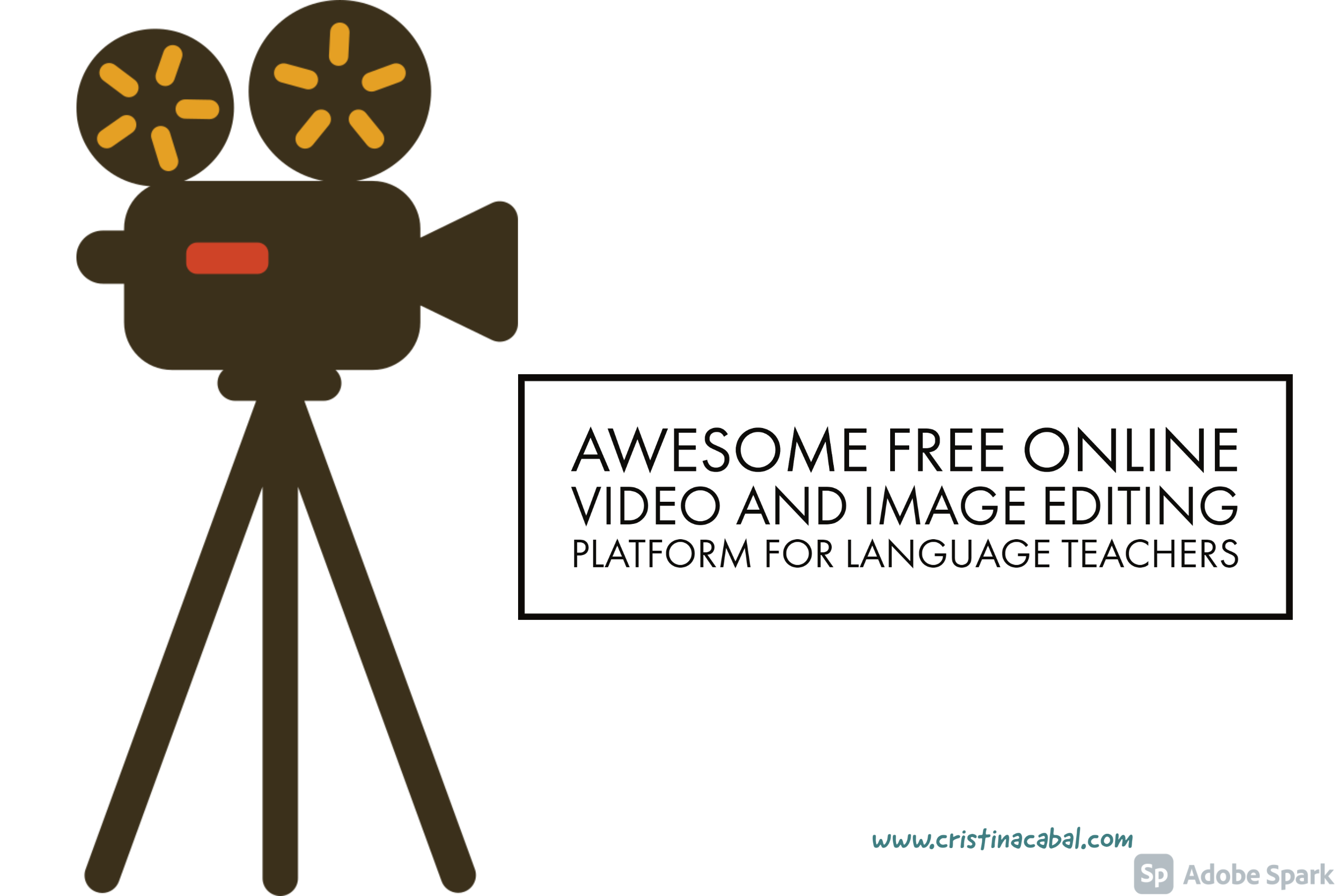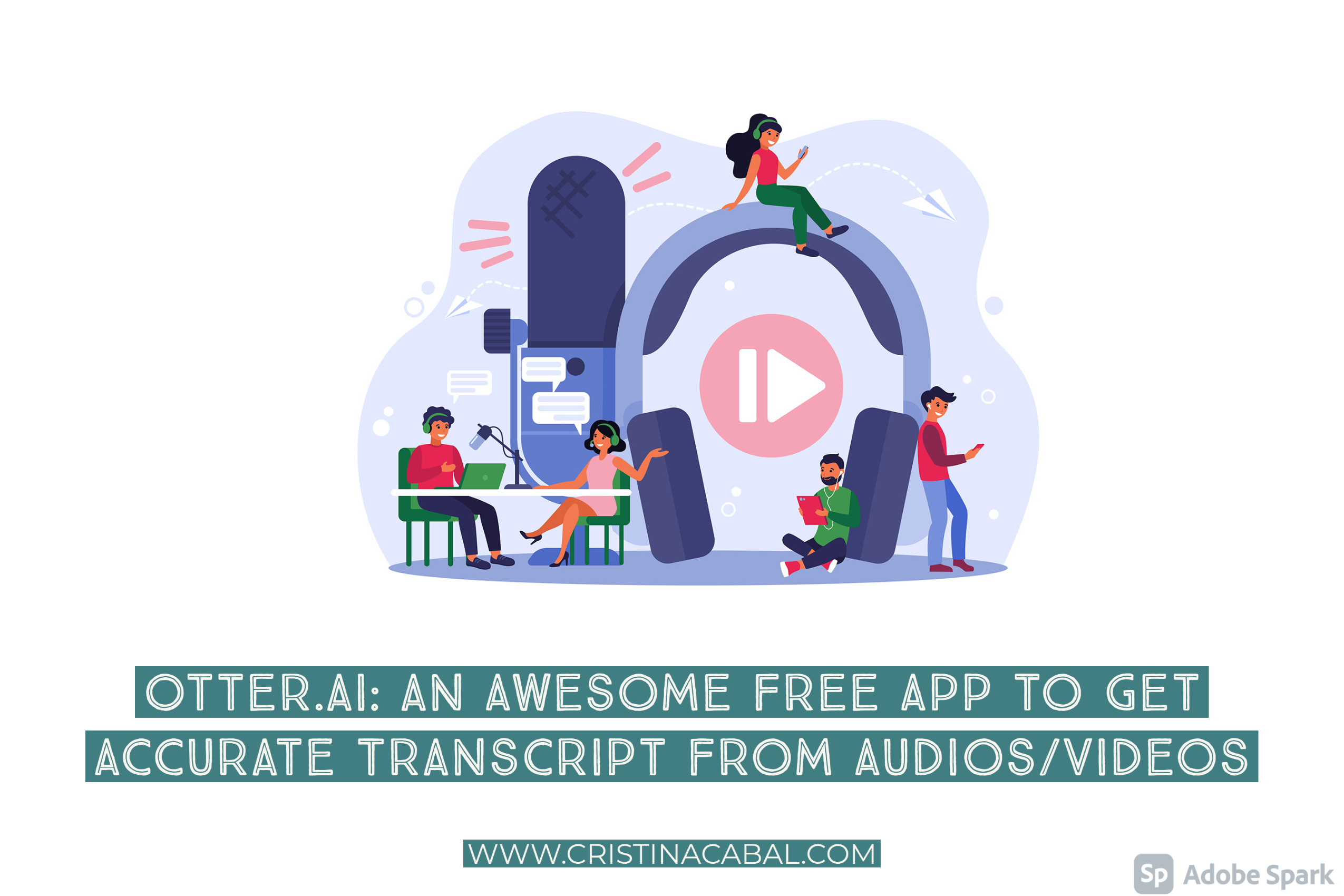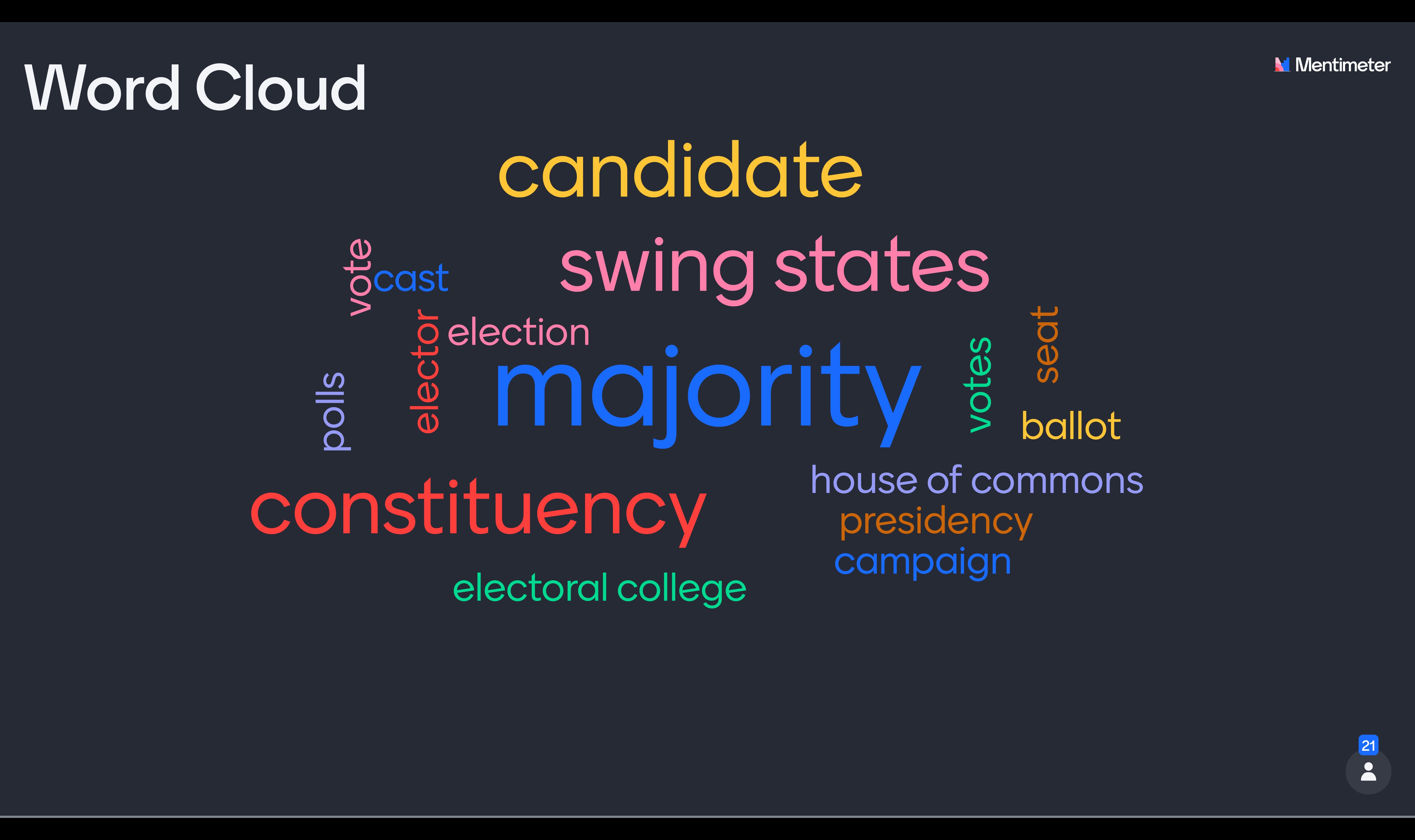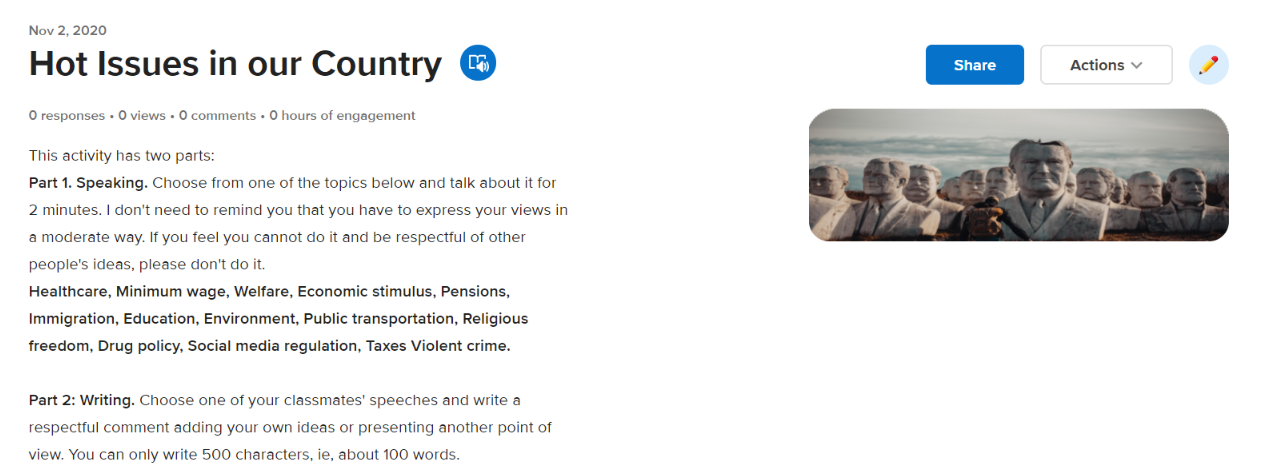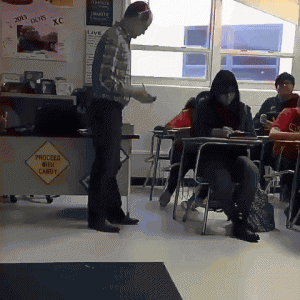I need to share this activity. It really has all the ingredients for a perfect lesson.
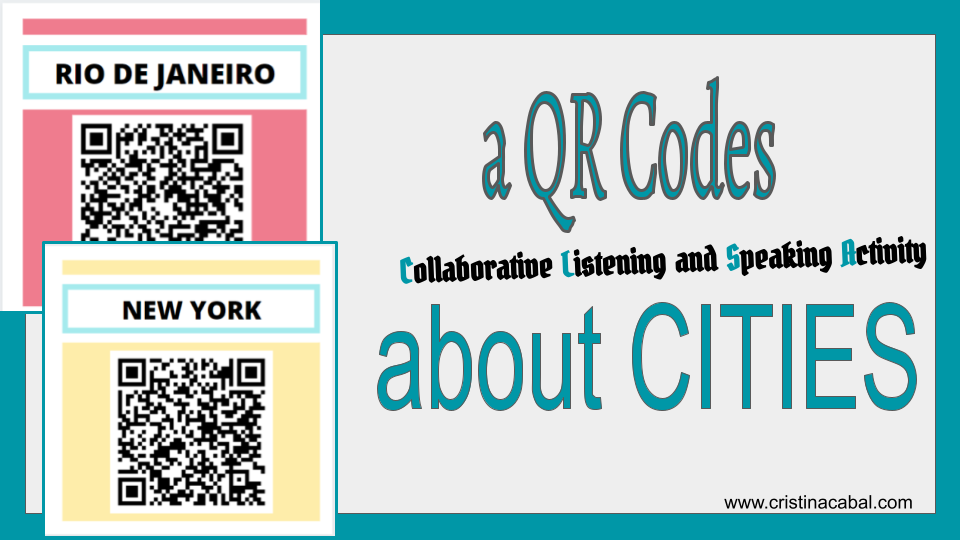
Things I want you to know about this lesson.
- It is super engaging and gives your class a touch of modernity
- It is collaborative
- It deals with two basic skills, listening and speaking, but a lot of subskills are also at work.
- It gives students and teachers a good excuse to stand up from their seats and even take the lesson outside, as I did.
- It helps build rapport in the class, which is sooo important at the beginning of the course
I am not going to lie to you. It needs some initial preparation, but it pays off. Believe me! Besides, I find the whole process of preparing the activity very entertaining. Ok. I know. You don’t have time. The good news is that you can always use mine if you like my choice of cities.
- Topic: Cities
- Level: C1
- Main skills: listening and speaking
- Time: 50-60 minutes
- Materials: here
Before the session
- Before the session, look for a video that can easily be divided into parts. In my case, we were learning about cities and their problems so I decided on this one 10 of the most overrated cities, from one of my favourite channels on Youtube. I chose only 4 cities to form groups of 4 students.
- I used Camtasia to make 4 new videos, one for each city: Rome. London, New York and Río de Janeiro. If you don’t have Camtasia, don’t let this put you off, you can easily use the free online https://online-video-cutter.com/es/.
- Once you have the videos, you need to upload them to, for example, Google Drive.
- Once online, you need to copy the URL and create a QR Code. I create mine here. The Gif below shows how to do it once the video is uploaded to Google drive.
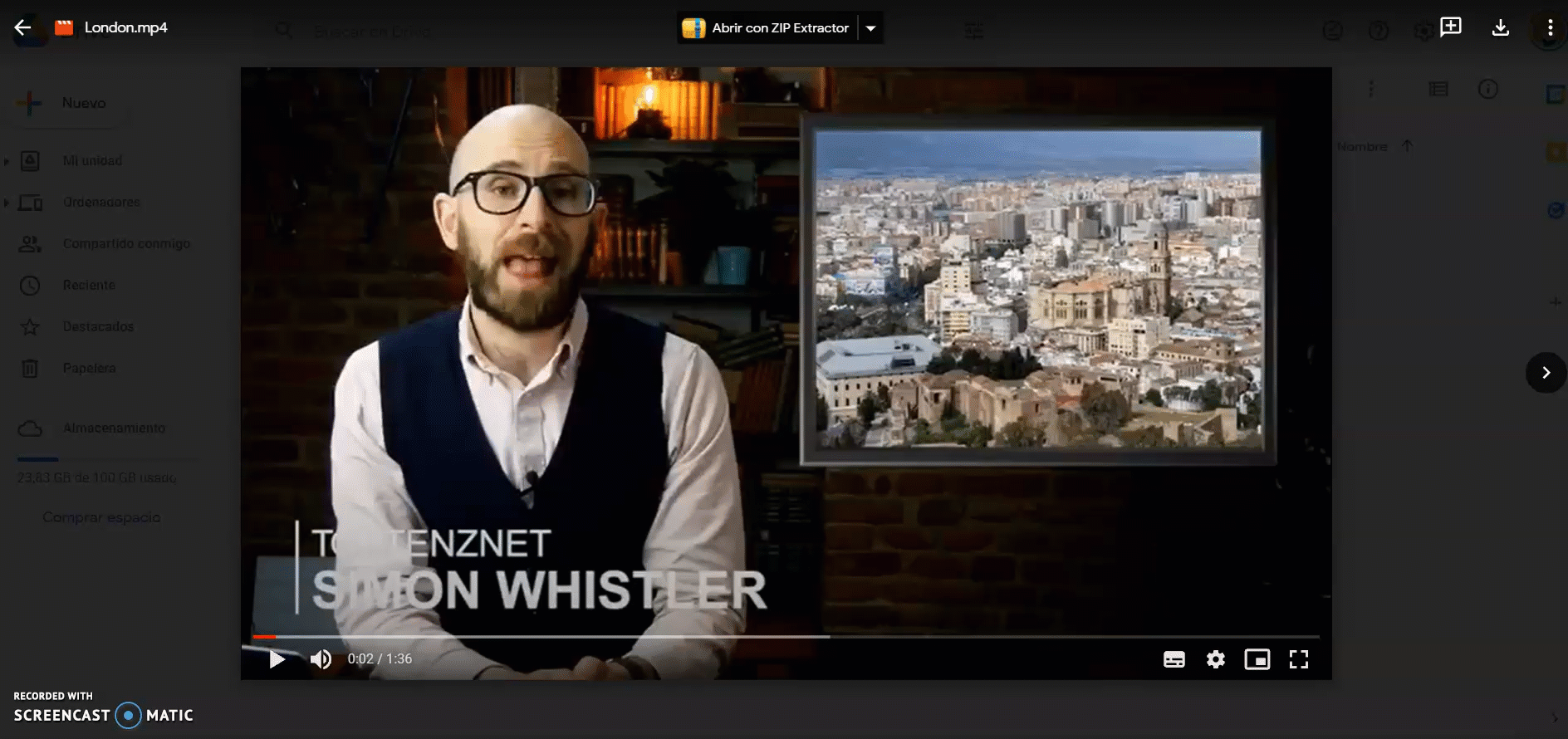
5. Now, you need to print the 4 QR Codes on separate pieces of paper.
6. Before the class, you will also need to tell students to download- I bet they already have it- a QR Code reader (I use QR Scanner) to their mobile phones and bring some earbuds for the next class.
Done!!! See? No big deal!! Now, everything is ready. Ready for the fun part!! 🙄
Tell the students this class will be done outside. Yay!! It could be the aisle or any other place on the premises that has enough room for the students to move. In my case, I used the schoolyard and pasted the QR Codes on the walls, well, not exactly walls as you can see from the picture.

Part 1.Listening and Retelling
- Ask students to form groups of 4. Each of them should choose a different city
- Ask students to scan the code for their city and take notes.
- Explain they will need to share as many details as they can about the city of their choice with their group. Apart from the main specifics of the city, they will need to explain why the city is overrated.
- Allow 15 minutes for this part as students will need to watch their video several times to write down as many details as possible.
- Next, students get back to their groups and start sharing the information gathered about their cities.
Part 2: Speaking. Critical Thinking

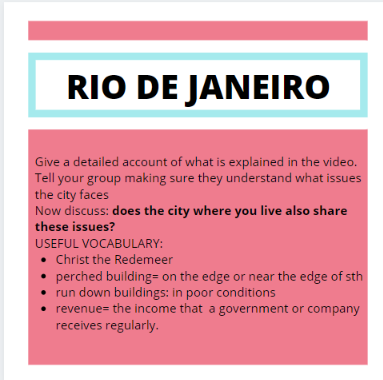
In their groups, students talk about the issues the city in their videos has and together they debate whether the city where they live faces these same problems. Ask them to elaborate on their answers and offer possible solutions to tackle the problem.
Hope you have enjoyed my lesson and decide to give it a try!!
